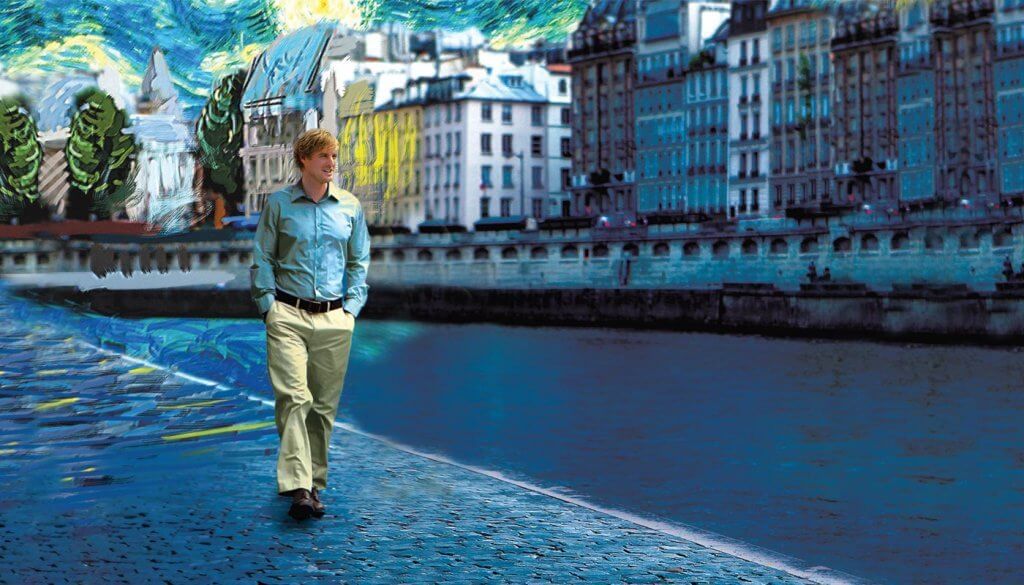Woody Allen’s film “Midnight in Paris” explains nostalgia as the denial of the present through the life of its main character. The name of this disorder is known as “Golden Age Syndrome”, and it is mistakenly believed that a different period is better than what we are experiencing today. This deception of romantic imagination often happens to people who have trouble handling the present.
? Midnight in Paris? It’s a film comedy that shows life as something that’s not as magical as our own dreams, but where we can make our own decisions.
- The reality of the protagonist in his present is not pleasant.
- He is belittled by his girlfriend and his family.
- He feels alone when.
- In his past.
- The image he projected was very different: cheerful.
- Respected.
- With many friends and a new one.
- Love that makes him want to stay and give up everything.
Your desire to be trapped in a bygone era is a way to deny your present. A gift full of commitments that, far from fulfilling it, upsets you. Because of his cowardice and lack of determination, instead of facing this present, he flees to a fictional past where he finds everything he does not have in the present. In the end, reality prevails and you’ll have to make a complicated decision.
“Nostalgia is a romantic way of being sad. -Mario Quintana-
Golden Age Syndrome is a film syndrome described by Woody Allen. A dimmed version of this complex in nuances of reality occurs in melancholy thinking, when it is considered that a by-time passed was better than what is lived. It’s about that time, about associations, obsessions, behaviors, trying to get that moment back.
When memories of childhood or past moments come to mind that we think better than today, thinking that different things always involve a setback, in a way we approach golden age syndrome, a complex that will also inevitably lead us to live embraced in the past, and therefore we will never be satisfied with what we have.
In romantic relationships, these patterns also appear. This happens when we think that part of the relationship we had in the past was perfect and that if we have another one in the future, it will always be below, thinking this way will inevitably lead us to look for what we have already had. with a totally different person, which will lead us to comparisons and not to value what we have in the present moment.
“Even the past can be changed, historians prove it all the time. -Jean Paul Sartre-
Nostalgia is defined as the pain of thinking about something we have had or experienced that no longer exists or has changed. Research shows that nostalgia makes us more empathetic and social. When we become nostalgic, we remember a past reflected in a combination of many memories, all integrated, in whose process all negative emotions infiltrate.
Neurologist and psychiatrist Alan R. Hirsch points out that nostalgia promotes the tendency to forget negative things more easily, and we still have the positive aspects of memories, so we remember the good experiences of childhood, friends, recreation, toys and forget. the not-so-good times, the suspensions, the punishments, the boring hours of class.
They are certainly enriching experiences, proof that our life has a meaning that, for the most part, we do it ourselves, so memory is responsible for telling us who we are, without losing meaning to who we were. exactly what makes us go back in time, without getting caught up in it.
There’s no worse nostalgia than wishing for what’s never been.

